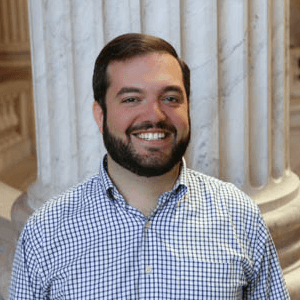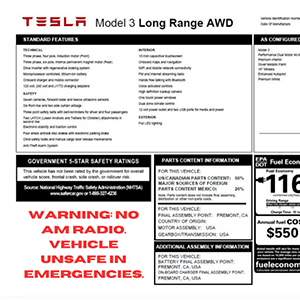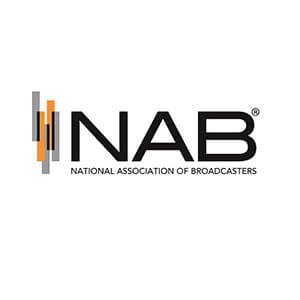Legislative Update
NAB Requests the End of the 39% Cap on Nationwide Television Station Ownership – Looking at the Issues
The NAB last week submitted a letter asking the FCC to quickly repeal the 39% cap on national ownership of television stations. This cap precludes the ownership by one company or individual of an attributable interest in television stations capable of reaching more than 39% of the television households in the United States. The rule has been in place since 2004.
Read MoreLocal Radio Freedom Act Is Reintroduced in Senate
This past Tuesday (3/4), Senators John Barrasso (R-WY) and Maggie Hassan (D-NH) reintroduced the Local Radio Freedom Act (LRFA), a resolution opposing “any new performance fee, tax, royalty or other charge” on local radio stations. Twenty bipartisan senators have already cosponsored the resolution, signaling strong support for local radio stations in the new Congress.
Read MoreIt’s Back! American Music Fairness Act Proposing New Music Royalties for Over-the-Air Broadcasting Introduced in the New Congress
Last week, U.S. Senators Marsha Blackburn (R-Tenn.), Alex Padilla (D-Calif.), Thom Tillis (R-N.C.), and Cory Booker (D-N.J.) introduced the American Music Fairness Act (see their Press Release for more details), with a companion bill to follow in the House. If adopted, this legislation would impose a new music royalty on over-the-air radio stations.
Read MoreFCC Admonishes Three TV Stations for Not Having Clauses in Sales Agreements Requiring Non-discrimination in the Purchase of Advertising Time – A Reminder to Broadcasters
Today, we will focus on a less publicized set of actions taken last week that remind broadcasters of a decade-old requirement to which not much attention has been paid since its adoption – the requirement that broadcasters not discriminate in the sale of advertising time and include in sales contracts statements informing their ad buyers of their polices against such discrimination.
Read MoreAM Radio’s Historic Day on Capitol Hill
Growing support for AM radio culminated in a remarkable day May 1 on Capitol Hill. Broadcasters, as well as the millions of Americans who rely on AM radio, are working to educate members of Congress on AM radio’s public safety value and broad reach, and those efforts are coming together to secure the future of this important service.
Read MoreReinstating FCC Form 395-B Reporting on the Race and Gender of Broadcast Employees – What the Action Means for Broadcasters
On February 22, the FCC released an Order reinstating the requirement for radio and television broadcasters, commercial and noncommercial, to annually file an FCC Form 395-B. All station employment groups with 5 or more full-time employees would need to classify all station employees, both full-time and part-time, by race or ethnicity and gender, as well as by the type of job they perform at the station.
Read MoreGottheimer Announces New Action Against Automakers Discontinuing AM Radio in Electric Vehicles
On January 29, 2024, U.S. Congressman Josh Gottheimer (NJ-5) announced new action to protect AM radio in electric vehicles and ensure potential buyers know which cars and trucks have AM radio and those that don’t. AM radio is a vital public safety and emergency management tool that has served as the sole lifeline during times of crisis like 9/11, Hurricane Sandy, and other major storms and floods.
Read MoreNAB Applauds Commission Proposal to Address Regulatory Fee Disparity
“NAB applauds the FCC for its hard work to ensure that its regulatory fee process allocates fees in a more fair and equitable way. This year’s order is a significant step toward ensuring all parties that benefit from the FCC’s work pay their fair share.”
Read MoreArtificial Intelligence in Political Ads – Legal Issues in Synthetic Media and Deepfakes in Campaign Advertising – Concerns for Broadcasters and Other Media Companies
Stories about “deepfakes,” “synthetic media,” and other forms of artificial intelligence being used in political campaigns, including in advertising messages, have abounded in recent weeks.
Read MoreJuly Regulatory Dates for Broadcasters – Quarterly Issues/Programs List, Franken FMs, Copyright Distant Signal Copyright Claims, and More
July is relatively light on broadcast regulatory dates, but the Quarterly Issues/Programs List deadline on July 10 is one that applies to all full-power broadcasters and Class A TV stations. As set forth below, there are a few other dates worth noting this coming month – with more to come in August.
Read More




